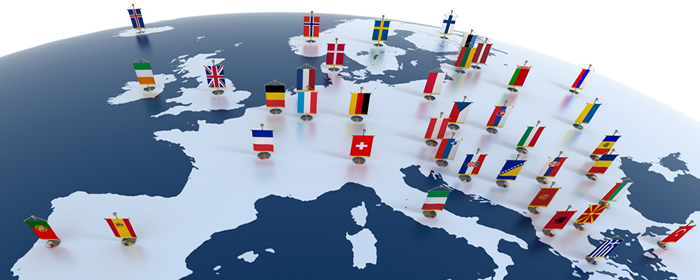AI’s role in Diplomacy
July 30, 2018 | Expert Insights

The Chinese Academy of Sciences have developed one early stage machine, used by the Ministry of Foreign Affairs that uses artificial intelligence in the art of diplomacy. In addition, the country has developed several prototypes of diplomatic systems using artificial intelligence.
Background
Artificial intelligence is branch of computer science that aims to create intelligent machines. Furthermore, these intelligent machines are created to work and react like humans. It forms an integral part in the technology industry. At the pace in which artificial intelligence is being used in all possible sectors of the economy, it is hard to imagine a future in which artificial intelligence would not play a big hand.
Technology has presently changed the way the world works and it has brought changes to diplomatic systems. Gone are the old days, as technology has made diplomacy more efficient. Fast communication from country-to-country and people-to-people across borders has brought about a massive information revolution. Today, online platforms have a more powerful impact on society than government. Corporations, social movements, civil society and ideas dominate the world. Thus, diplomacy has evolved and also engages in these portals to generate public conversation and service to the nation.
In the race of AI innovation, China appears to be the frontrunner. With a large posse of computer scientist that can write software, a massive base of 751 million internet users to test prototypes on and a committed government that provides the required infrastructure , the country may have an upper hand.
Analysis
The Foreign Affairs Minister of China has confirmed the use of Artificial Intelligence in Diplomacy. He explained that, there is a significant rise in the usage of big data, adoption of cutting edge technology and AI in industries on a daily basis. He expressed that they, “will actively adapt to the trend and explore the use of emerging technology for work enhancement and improvement”.
AI will analyse various strategies currently practiced in international politics by drawing on a large quantum of data containing information varying from cocktail-party gossip to images taken by spy satellites.
According to researchers, there is a need for quick and accurate decision in a complex and urgent situation. This system will provide a range of suggestions, recommendations and options to make the right move, “sometimes in the blink of an eye.”
According to Fu Jingying, an associate researcher with the Institute of Geographic Sciences and Natural Resources Research, Chinese Academy of Sciences, Beijing, the department makes policy recommendations on the operation of China’s overseas diplomatic missions.
However this technology is not restricted to China. PwC has put together massive amounts of data from the US Census Bureau, US financial data, and other public licensed sources to create $ecure, a large-scale model of 320 million US consumers . This system has enabled financial service providers, ‘map buyer personas, simulate “future selves ‘ and anticipate customer behaviour. It has enabled these financial services companies in validating real-time business decisions within seconds.
Counterpoint
In a recent conference organised on foreign affairs with Chinese diplomats, President Xi Jinping “called for efforts to break new ground” in diplomacy. Though AI can provide tools in making decisions more efficiently , it would also depend on how the politicians adopt this new technology.
Dr Feng Shuai, senior fellow with the Shanghai Institutes for International Studies, believes that, “If one side of the strategic has access to artificial intelligence technology, and the other side does not, then this kind of strategic game is almost a one-way, transparent confrontation.” This will widen the gap in strategic capabilities of competing countries.
Assessment
Our assessment is that there is no institution in the world that cannot be improved with machine learning. The consequence of the AI revolution will be far reaching – value chains might be turned upside down, labour markets will get disrupted and economic powers will get shifted to those who control this technology.








Comments